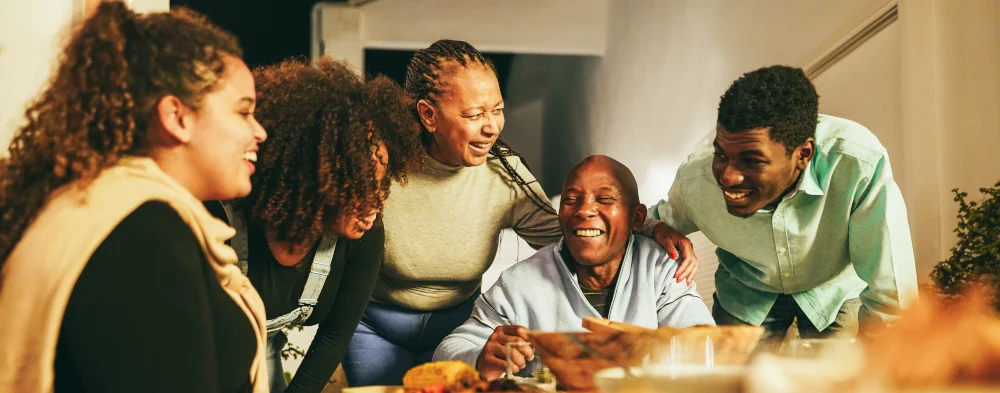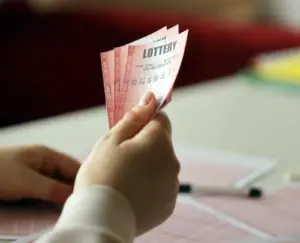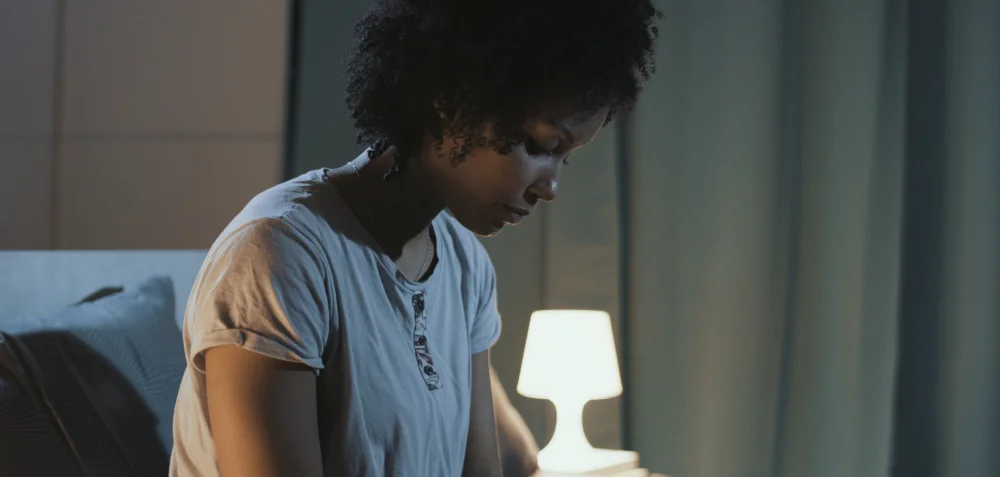
It happens in kitchens, in taxi queues, around braai fires. Someone pulls out a ticket, smooths it flat on the table or flicks it across with a grin, “These are the numbers for tonight.” In South Africa, sharing a lotto ticket isn’t just about chasing big wins. It’s become its own kind of family tradition, especially in places where every rand counts a little more than it should.
There’s something honest about it. Five or six people, maybe cousins or neighbours or a mix of both, chipping in a few rand each. Nobody’s putting in big money. It’s not about gambling in the flashy, casino sense. It’s quieter. Slower. Everyone gets their say, one picks their birthday, another throws in their taxi rank number. Someone insists on the same set of numbers they’ve been playing since 2004, even if they’ve never hit anything beyond a small return.
Ask around in Tembisa, or out in the Free State, and you’ll hear the same kind of thing over and over. “We’ve been playing like this for years”, sipping tea in his yard with a folded ticket sitting between the sugar bowl and his phone. “Sometimes we win enough for airtime. Sometimes it’s just a laugh. But you don’t play on your own. That’s not how we do it.” There’s a kind of rhythm to it. Wednesdays and Saturdays, people drift toward the spaza or the lotto kiosk at the mall. You’ll see two or three elders standing around, chatting over their choices, counting coins. Often there’s no rush. It’s as much about the chat as the ticket.
One woman in Pietermaritzburg, Thuli, says her family’s been doing it since she was a child. “When I was small, my uncles and aunts would sit down after supper, arguing about which numbers to put. It wasn’t loud. It was just part of the evening. They’d fold the ticket up and put it under a cup on the table like it was something special.” And it is special, in its own way. Even if there’s no jackpot. Even if the numbers don’t come up. It’s about sitting together, sharing the moment, holding onto something outside of bills or news headlines or everyday stress.
 Not everyone trusts online apps or digital betting either. For many, the physical ticket still feels better. You can hold it. Tape it to the fridge. Slide it into a Bible or a wallet. It’s not just about luck, it’s a little object that everyone in the house knows about, keeps an eye on. “That’s ours,” they’ll say. Of course, when a win does come through, even a small one, that’s when the real stories start. A R1,000 prize split between five cousins isn’t going to change the world. But it might mean chicken and salads instead of pap and tea that night. It might mean a school uniform gets bought, or someone puts away taxi fare for the week.
Not everyone trusts online apps or digital betting either. For many, the physical ticket still feels better. You can hold it. Tape it to the fridge. Slide it into a Bible or a wallet. It’s not just about luck, it’s a little object that everyone in the house knows about, keeps an eye on. “That’s ours,” they’ll say. Of course, when a win does come through, even a small one, that’s when the real stories start. A R1,000 prize split between five cousins isn’t going to change the world. But it might mean chicken and salads instead of pap and tea that night. It might mean a school uniform gets bought, or someone puts away taxi fare for the week.
In some families, there’s a system. One person keeps the cash pot. Another always writes down the numbers in a notebook, so if there’s ever a fight over who contributed, there’s proof. But most times, it doesn’t get that serious. It’s based on trust. That doesn’t mean there aren’t arguments. Now and then you’ll hear about a family or a syndicate falling out after a big win. Who really put money in? Who gets the bigger share? One uncle suddenly saying he picked the winning number, even though everyone remembers it differently. But those stories are the rare ones.
More often, it’s quiet wins and quiet losses. In Mitchells Plain, Vusi points to a wall in his kitchen where old tickets are stuck up with tape. “That’s our lucky corner,” he says, laughing. “The first time we won R500, we left the ticket there for a month. It’s still there now.” Younger players do it a bit differently. Some set up family WhatsApp groups where they share pictures of the ticket or send through the numbers before the draw. Some even use bank apps to pool together money digitally, skipping the face-to-face part. But the feeling stays the same. Someone’s always got that list of numbers saved in their phone, just in case.
What really stands out is how shared betting isn’t about making someone rich. It’s about keeping things light. Sitting together. Laughing about the same old uncle who insists his birthday is lucky when everyone knows it’s never once hit. And in a country like South Africa, where things can feel stretched tight, money, time, nerves, that kind of togetherness matters. It’s not about winning a mansion or a Ferrari. It’s about maybe, if things go right, having one extra thing to celebrate this week.
So next time you walk past a queue at a kiosk on a Saturday night, slow down for a second. Look closer. It’s not just strangers buying tickets. It’s families, neighbours, friends, all hoping quietly for the same set of numbers.
Maybe it hits. Maybe it doesn’t. Either way, they’ll be back next week. Same numbers. Same small laugh. Same ticket tucked under the sugar bowl.







